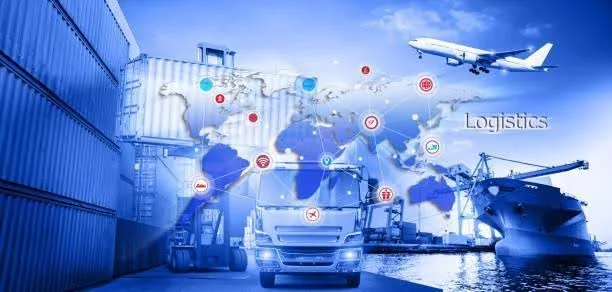The automobile industry never stops moving forward. There are always new innovations aimed at improving efficiency and meeting rising consumer demands. One area that has seen huge growth recently is tracking systems for commercial trucks.
GPS devices installed in the vehicles send back location, speed, heading, and more to headquarters. If there are delays, unauthorized stops, or other issues, you get instant alerts.
By tapping into this real-time data, you gain operational insights to boost productivity and safety. Here are some of the ways the tracking systems are shaping up the automobile industry:
1. Lower Fuel Consumption & Idle Times
Excessive idling, speeding, and improper gear shifting all contribute to wasted fuel. With tracking systems, you receive engine diagnostics and can set speed limits and idle time alerts. This allows you to modify driver behaviors that are decreasing fuel economy. Multiply those savings across an entire fleet of trucks, and the impact is significant. In the past, trucking companies lacked detailed visibility into their vehicles once they hit the road. Fleet managers could only estimate arrival times, fuel usage, and driver behaviors. This made optimizing routes, controlling costs, ensuring security, and proactively addressing issues before they escalated extremely difficult. Fortunately, modern tracking systems for trucks now provide complete fleet oversight in real-time.

2. Optimized Routing & Reduced Mileage
Tracking systems allow you to accurately compare planned versus actual routes in real-world conditions. They provide tiered levels of tracking so you can customize monitoring capabilities based on your specific needs. For instance, you may want essential status updates every few minutes for routine shipments, while high-value loads require more frequent live tracking.
Over time, this helps identify unnecessary detours, delays, and other inefficiencies in your routes. You can then optimize major lanes and calculate the most efficient ways based on up-to-date traffic patterns. Reducing out-of-route miles decreases fuel costs, maintenance expenses, driver pay, and more.
3. Increased Security & Minimized Cargo Theft
Cargo crime continues to rise, with over $15 billion in goods stolen annually in the United States. Tracking systems allow you to know a shipment’s status in real time versus relying on periodic driver check-ins. Geofencing and route deviation alerts notify you immediately if a truck goes off course or enters an unauthorized area.
You can also press a panic button within the system to turn off a vehicle if it is stolen. By leveraging tracking, prominent carriers have reduced cargo thefts by a huge percentage.
4. Improved Driver Safety & Accident Reduction
Speeding, aggressive acceleration/braking, failure to stop, and driver fatigue are all behaviors that increase accident risk. Tracking systems allow you to monitor driving habits and correct dangerous behaviors before an incident occurs.
Features like driver performance scoring and safety reports help you identify and retrain high-risk drivers. Studies by insurance providers have found fleets using tracking systems can achieve a considerable reduction in accident frequency.
With real-time data, you spot issues instantly and proactively address them before small problems spiral. You optimize routes and driver behavior to control costs. Shipments stay secured from pickup to delivery, delighting customers with responsive ETAs and proactive status updates.
Tracking systems make achieving these gains surprisingly straightforward. Their experts handle the implementation details so you can focus on leveraging the data. Ongoing training and support ensure your team gets maximum value

5. Enhanced Customer Service & ETA Accuracy
Real-time visibility into all trucks lets you give customers accurate, up-to-date ETAs instead of relying on driver guesses. This enables better planning and a more professional experience for customers.
Tracking systems also support automated customer alert emails and geo-fence-triggered order updates. For temperature-controlled loads, additional sensors enable constant monitoring and notify if temperatures vary outside acceptable ranges.
As you evaluate options, Ram Tracking is an industry leader in comprehensive, customizable solutions. Their platform integrates GPS tracking devices installed in vehicles with intelligent software. This provides unmatched visibility, analytics, and alert capabilities.
With Ram Tracking, you don’t just get data points on a map – you gain actionable insights to actively manage your fleet. Customers experience a new level of responsiveness and care. Drivers stay safer and more productive. And headquarters has complete confidence with full transparency into all trucks and shipments.
Systems like Ram Tracking make achieving these benefits easy and affordable. Their experts handle implementation and training, so you can focus on leveraging the capabilities. With customized roles and permissions, every staff member gets a system tailored to their responsibilities. This saves time while ensuring no crucial details get missed.

Conclusion
Implementing a modern tracking system gives you the visibility and insights to reach new levels of efficiency.
Such solutions make it simple to drive major operational improvements and cost savings across your entire company. They are no longer just a nice add-on – they are the core investment required to stay competitive and thrive.


















